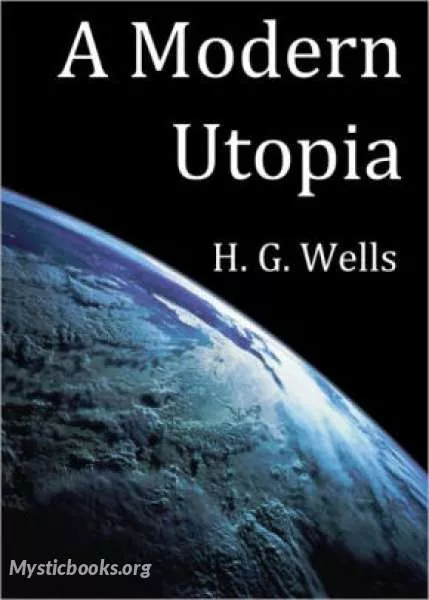
A Modern Utopia
by H. G. Wells
'A Modern Utopia' Summary
To this planet "out beyond Sirius"the Owner of the Voice and the botanist are translated, imaginatively, "in the twinkling of an eye . . . We should scarcely note the change. Not a cloud would have gone from the sky." Their point of entry is on the slopes of the Piz Lucendro in the Swiss Alps.
The adventures of these two characters are traced through eleven chapters. Little by little they discover how Utopia is organized. It is a world with "no positive compulsions at all . . . for the adult Utopian—unless they fall upon him as penalties incurred."
The Owner of the Voice and the botanist are soon required to account for their presence. When their thumbprints are checked against records in "the central index housed in a vast series of buildings at or near Paris," both discover they have doubles in Utopia. They journey to London to meet them, and the Owner of the Voice's double is a member of the Samurai, a voluntary order of nobility that rules Utopia. "These samurai form the real body of the State."
Running through the novel as a foil to the main narrative is the botanist's obsession with an unhappy love affair back on Earth. The Owner of the Voice is annoyed at this undignified and unworthy insertion of earthly affairs in Utopia, but when the botanist meets the double of his beloved in Utopia the violence of his reaction bursts the imaginative bubble that has sustained the narrative and the two men find themselves back in early twentieth-century London.
Book Details
Language
EnglishOriginal Language
EnglishPublished In
1905Authors
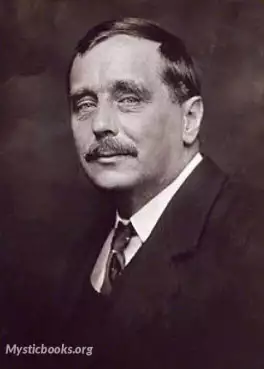
H. G. Wells
England
He was most prominent as a forward-looking, even prophetic social critic who devoted his literary talents to the development of a progressive vision on a global scale. A futurist, he wrote a number of...
Books by H. G. WellsDownload eBooks
Listen/Download Audiobook
- Select Speed
Related books
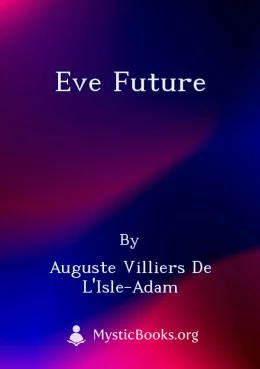
Eve future by Auguste Villiers de l'Isle-Adam
Eve Future, written by Auguste Villiers de l'Isle-Adam, delves into the intricate relationship between a brilliant inventor and his creation, an andro...
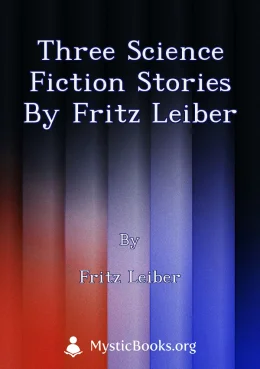
Three Science Fiction Stories by Fritz Leiber by Fritz Leiber
Three Science Fiction Stories by Fritz Leiber is a collection of three classic science fiction short stories by the renowned author Fritz Leiber. The...
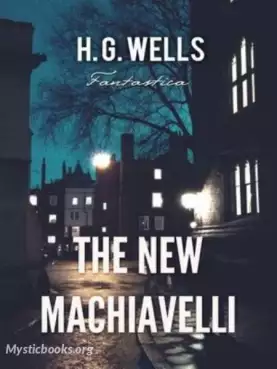
The New Machiavelli by H. G. Wells
The New Machiavelli is a 1911 novel by H. G. Wells that was serialised in The English Review in 1910. Because its plot notoriously derived from Wells'...
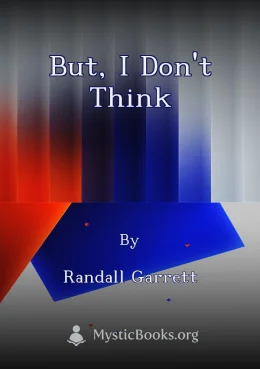
But, I Don't Think by Randall Garrett
In a future where humanity has spread across the galaxy, a complex and unusual social structure has evolved. The story revolves around the concept of...

Looking Backward: 2000-1887 by Edward Bellamy
The book tells the story of Julian West, a young American who, towards the end of the 19th century, falls into a deep, hypnosis-induced sleep and wake...
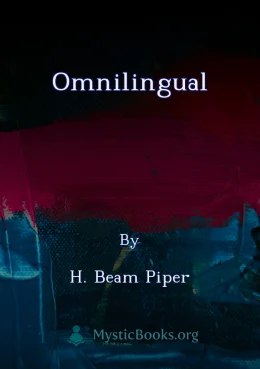
Omnilingual by H. Beam Piper
An expedition to Mars discovers the remains of an advanced civilization, which died out many thousands of years ago. They recovered books and document...
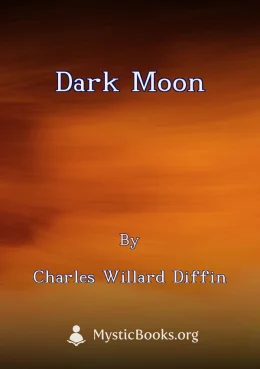
Dark Moon by Charles Willard Diffin
Dark Moon tells the tale of three brave Earthlings who find themselves drawn into a bewildering and thrilling adventure when a strange, new satellite...
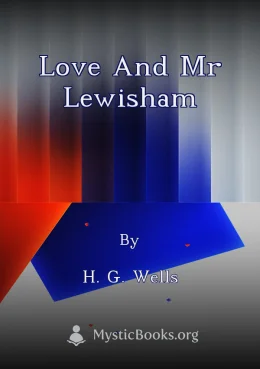
Love and Mr Lewisham by H. G. Wells
Love and Mr Lewisham is a humorous early novel by H. G. Wells that draws on his own life. It tells the story of Mr. Lewisham, a young science teacher...
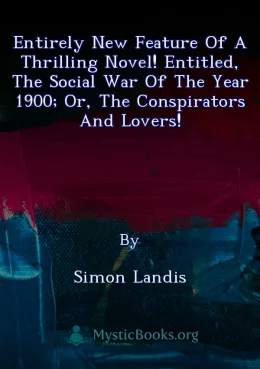
Entirely New Feature of a Thrilling Novel! Entitled, The Social War of the year 1900; or, The Conspirators and Lovers! by Simon Landis
Published in the late 19th century, "The Social War of 1900" is a strange and often unsettling work of science fiction. The novel follows Dr. Victor J...
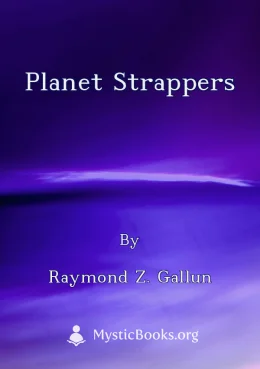
Planet Strappers by Raymond Z. Gallun
In a small town called Jarviston, Minnesota, a group of young, ambitious individuals called 'The Bunch' are fueled by a shared dream: to escape Earth...
Reviews for A Modern Utopia
No reviews posted or approved, yet...